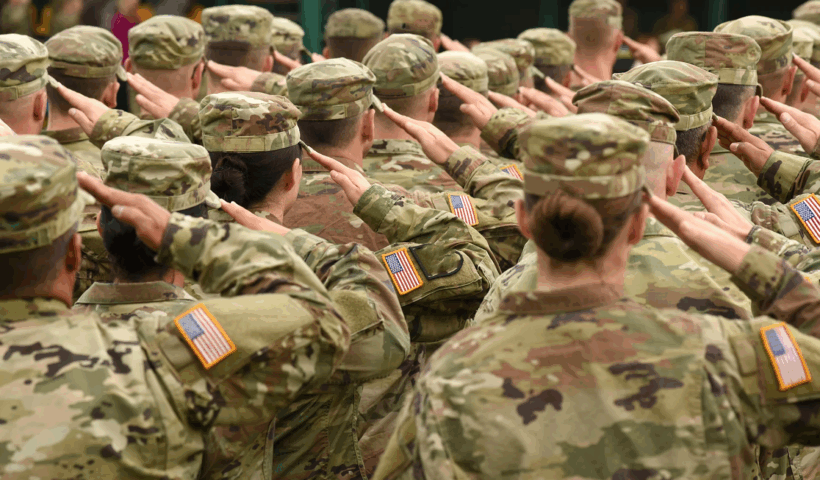How Economic Policy Trapped Workers in Impossible Choices
Americans face four interconnected economic contradictions that make upward mobility mathematically impossible: they must spend to fuel growth while saving for emergencies—but have no money for either. They were told to pursue professional credentials for security—but those white-collar jobs are now primary targets for AI automation, and credentials don't protect women and people of color from systematic wage discrimination. They're told the economy is growing—but that growth concentrates among the wealthiest 10% while wages stagnate and corporate profits double as a share of GDP. The result: only 25% of Americans believe they can improve their living standards, 74% have abandoned American Dream goals due to economic pressure, and faith in the fundamental promise of American life has collapsed to record lows. These aren't puzzles to solve through individual action—they're systemic features of an economic order designed to transfer wealth upward while blaming workers for failing to achieve an impossible dream.







